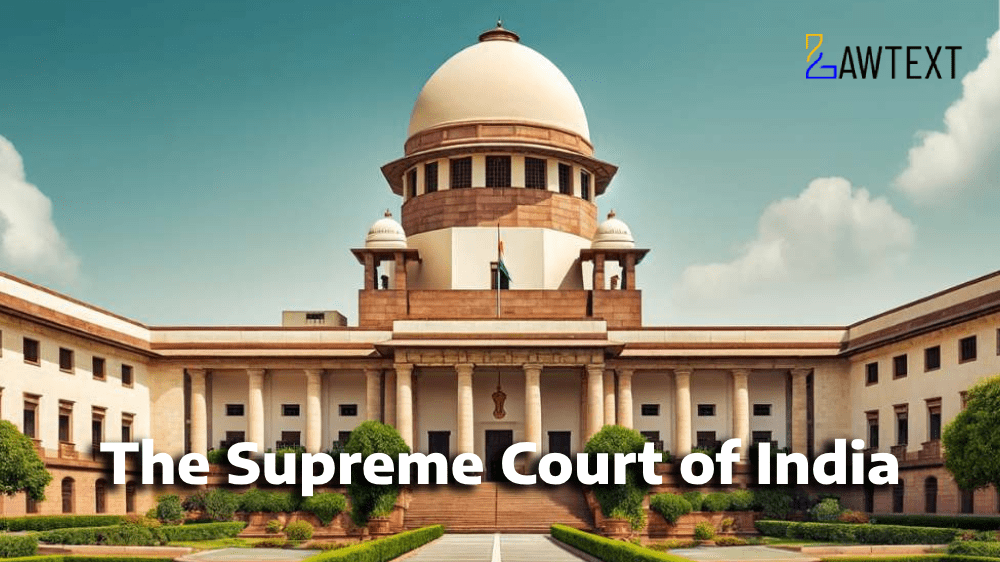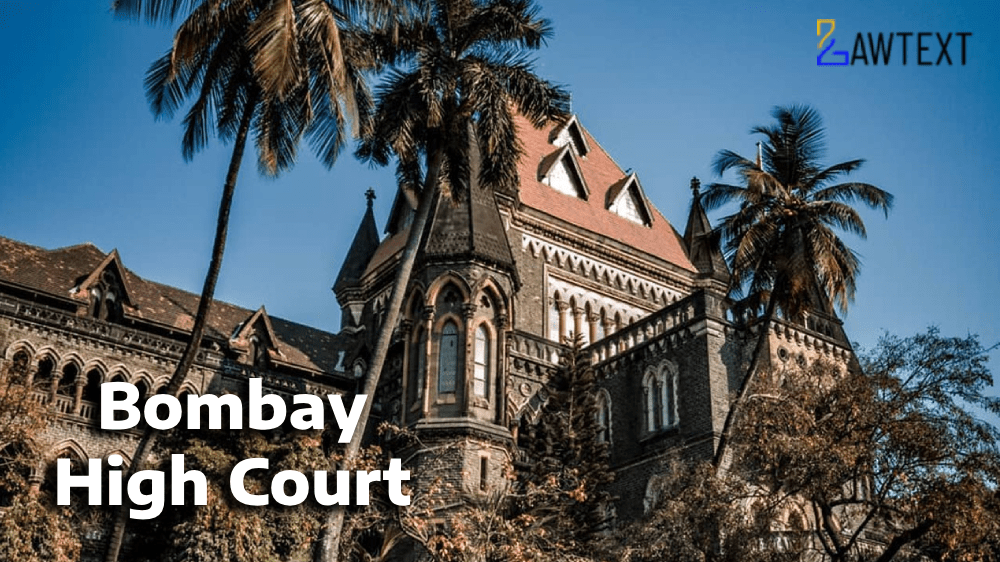Case Note & Summary
The judgment addresses the issue of whether the enrolment fees charged by State Bar Councils (SBCs) exceed the statutory limits set by Section 24(1)(f) of the Advocates Act, 1961, and whether these additional fees can be justified. The Court acknowledges that the statutory enrolment fee prescribed is outdated but stresses that additional fees must be reasonable, transparent, and directly linked to services provided. It directs SBCs to review and rationalize their fees to ensure they do not create barriers for economically weaker law graduates and urges the Union Government to revise the enrolment fee to reflect current economic realities. The court rules that the SBCs cannot charge beyond the legally stipulated fees and that any additional charges must align with the services provided and be justifiable.
Analysis and Decision Core Issue: Whether the enrolment fees charged by SBCs exceed the statutory limit and if additional fees are justified. Statutory Provisions: Section 24(1)(f) prescribes specific enrolment fees for general and SC/ST candidates. Arguments: Petitioners claim additional fees violate the Act; SBCs argue the statutory fee is outdated and insufficient. Legislative Intent: The fee was meant to cover operational costs, but inflation and rising costs were not anticipated. Draft Uniform Rules: BCI’s draft rules aim to standardize fees, indicating an acknowledgment of the issue. Economic Barriers: High fees can restrict economically weaker graduates from entering the profession, violating constitutional rights. Funding Necessity: SBCs need adequate funding to function, highlighting the need for a balance between statutory provisions and practical necessities. Decision Statutory Fees: The enrolment fee remains as prescribed by Section 24(1)(f). Reasonable Additional Fees: Any additional fees must be reasonable, transparent, and directly linked to services provided. Uniform Rules: BCI is directed to expedite the implementation of the Uniform Rules. Rationalizing Fees: SBCs must review and rationalize their fees to ensure they are not excessive. Revising Enrolment Fees: The Union Government is urged to revise the statutory enrolment fee. Key Case Summaries and Principles Delegated Authority: SBCs and BCI can frame rules under the Advocates Act but must align with its object and purpose. Legislative Policy: Enrolment fees should not exceed what is stipulated, ensuring inclusivity. Miscellaneous Fees: Only fees directly related to the enrolment process are permissible. Article 14 and Substantive Equality Fair Treatment: Exorbitant fees create barriers for marginalized sections, violating Article 14. Challenges for Young Graduates: High fees exacerbate difficulties for new law graduates, particularly from marginalized backgrounds. Conclusion Adherence to Provisions: SBCs and BCI must follow the fee structure prescribed in the Advocates Act. Excessive Fees: Any additional charges beyond the stipulated amount are contrary to the legislative intent. Disposition Prospective Effect: The decision will have a prospective effect, meaning no refunds for past excess charges. All related petitions and applications are disposed of accordingly.
Issue of Consideration: Gaurav Kumar Versus Union Of India and Ors
Premium Content
The Issue of Consideration is only available to subscribed members.
Subscribe Now to access critical case issues





